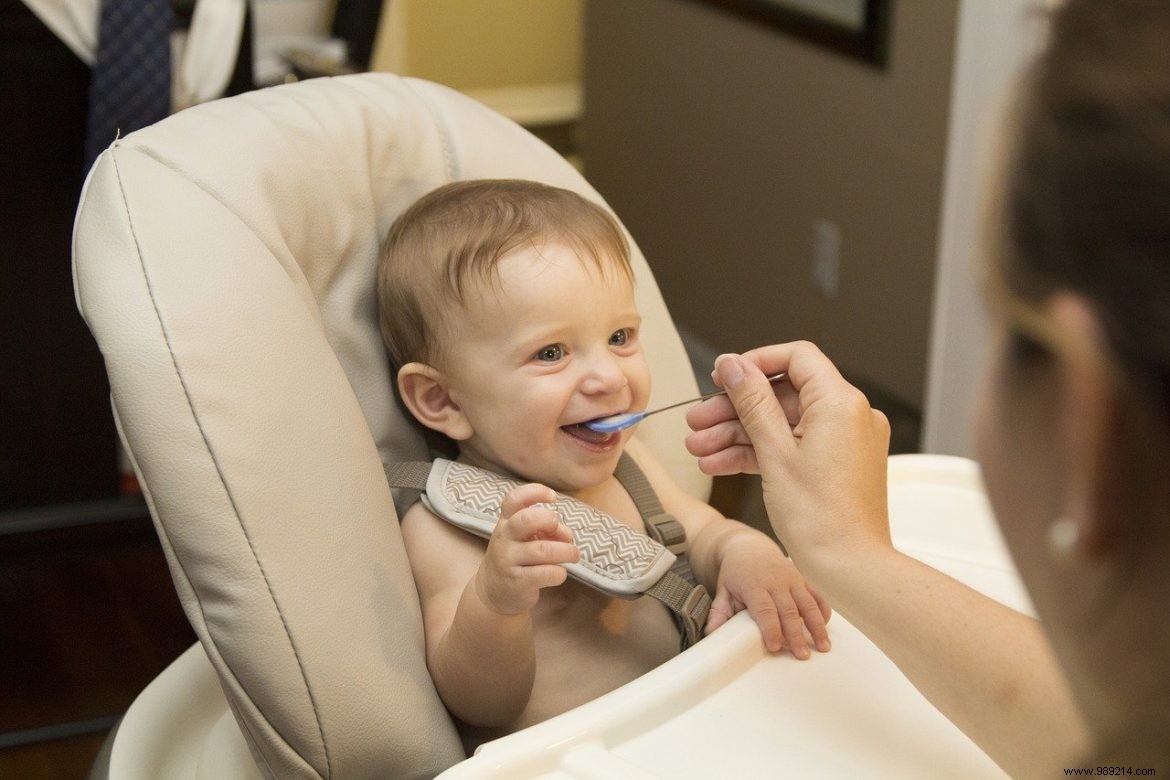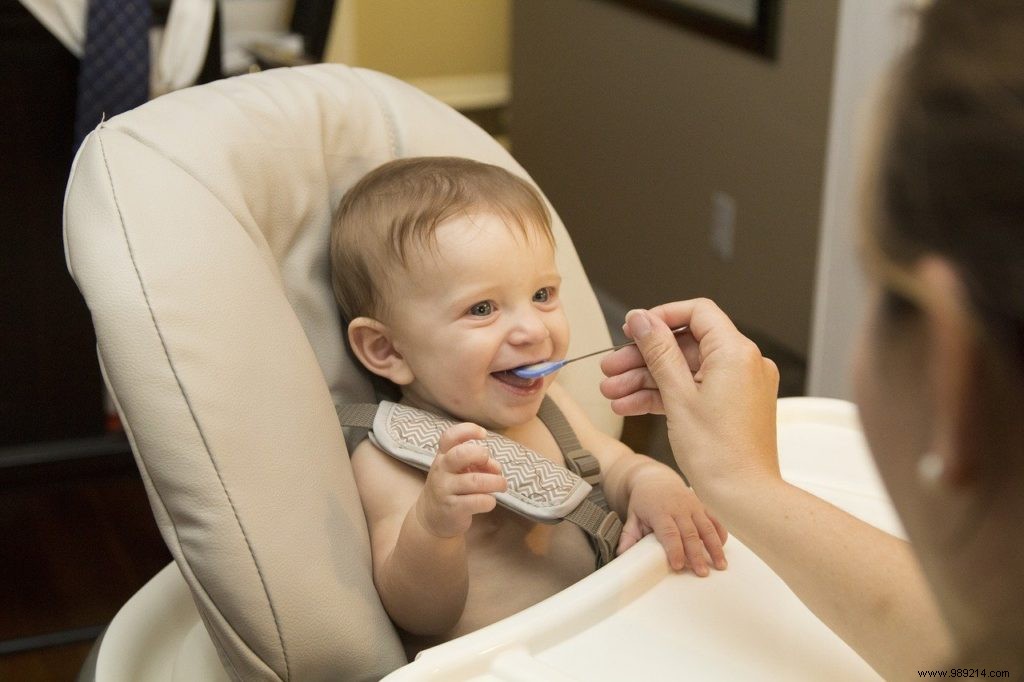
Modern baby cereals deliver essential nutrients while being gentle on tiny digestive systems, much like traditional porridges. They play a supportive role in your baby's diet but should never replace breast milk. As pediatric experts recommend, here's when and how to introduce them safely.
Contents 1 At what age should cereals be introduced? 2 How to prepare baby cereal?
Exclusive breastfeeding meets all nutritional needs for the first 6 months, as endorsed by health authorities like the WHO. Avoid introducing solids before this milestone.
After 6 months, diversify your baby's diet to support growth. Baby cereals are an excellent first step, packed with iron for brain development, plus calories, carbs, vitamins, and minerals. They help meet rising energy demands, ease digestion, and curb nighttime hunger pangs.
Versatile baby cereals mix easily into bottles or with breast milk/formula for a nutritious breakfast, or as porridge for variety.
Begin with a small amount—3-5 ml (1 teaspoon)—once or twice daily (lunch and dinner). Monitor your baby's response and gradually increase by 5-20 ml as needed.
From 9 months, incorporate cereal-based foods like pasta, rice, or bread at meals. By age 1, offer 125-175 ml regularly.
Once self-feeding begins, provide finger foods such as cereal pancakes, toast, rusks, bread, or pasta anytime.